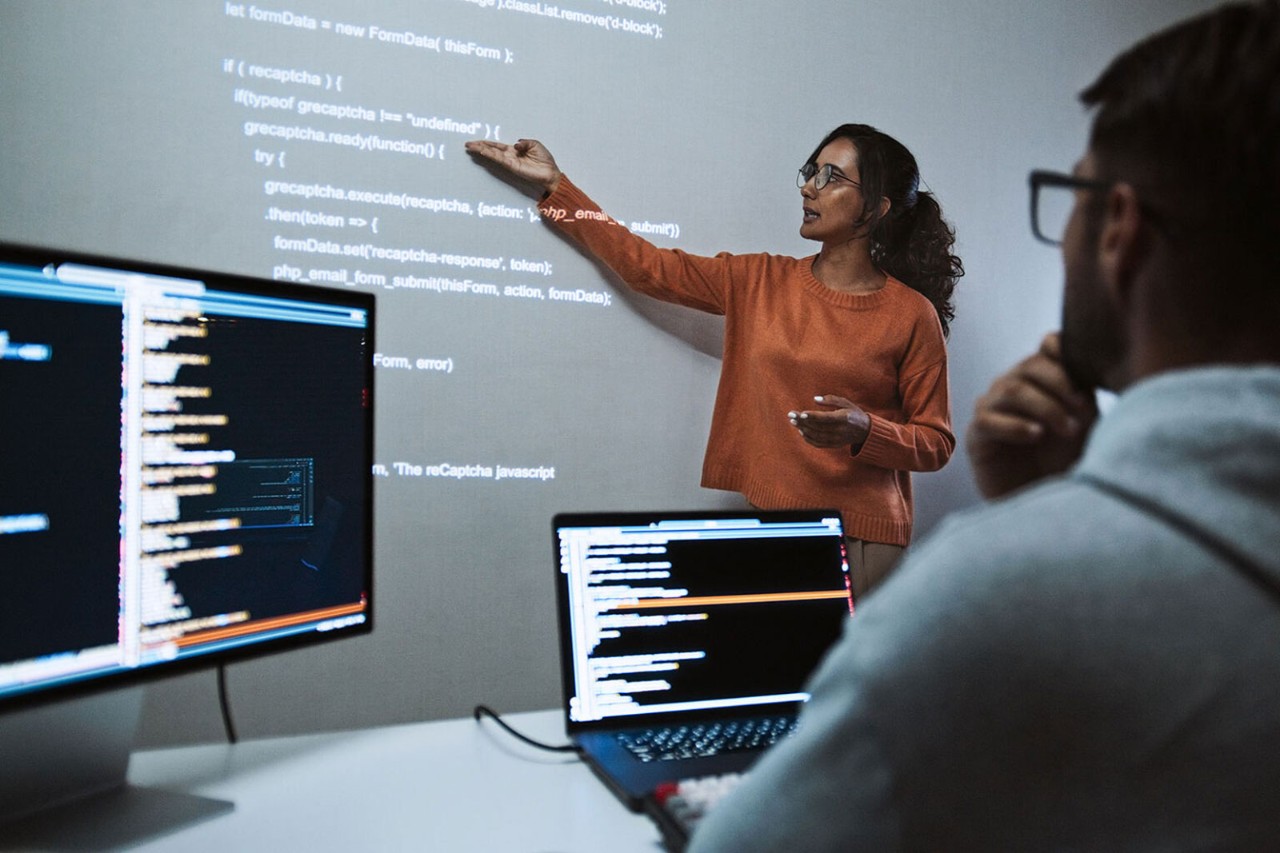
It’s the question facing accountancy firms across the board. Given that artificial intelligence (AI) is doing a lot of accountancy work’s more mundane tasks, how are trainees gaining the experience that their managers and partners will have acquired in the past?
For the small to medium-sized practices that are still grappling with AI implementation, this balancing act is being addressed in different ways. Nathaniel Bannister, senior learning and development manager at PKF-Francis Clark, puts it succinctly: ‘It becomes increasingly difficult for junior staff to troubleshoot accounting problems when they don’t understand the fundamentals as well.’
‘We can’t just rely on AI spitting out accounts with minimal human input’
Bannister describes the firm’s position on understanding the role of AI across its functions as ‘nascent and evolving’, assessing its induction programme to address the weakness in bookkeeping fundamentals. ‘That’s something we’re looking at now with a view to rolling out something different in the summer,’ he says.
Work in progress
Richard Woolgar, head of outsourcing at Armstrong Watson, says it has working groups assessing how the technology can best be implemented and what adaptations are needed in trainee support. ‘Whilst there are leaps and bounds going on and the pace of change is pretty rapid, it’s still at the moment very much a work in progress insofar as some of the answers still aren’t quite right. The volume of data isn’t quite there yet to get definitive responses.’
He says the firm’s training programme is still focused on recreating sets of accounts and knowing how to prepare accounts from raw data. ‘It depends on how the software we’re working with develops, but we still want to retain that ability and underlying knowledge in those students.
‘It’s the sense-checking and human oversight to understand whether the systems may have missed something, or where there’s something else that needs to be added to it. It’s very important that we still retain that underlying knowledge to be able to answer that. For those who we take on at 18 through the academy, that’s easier. I guess more challenging is going to be when we’re taking on graduates [who go straight in at a qualification level] and what that then looks like.
‘We need critical thinkers and people who can empathise with clients’
‘That’s where we’re working in conjunction with the institutes to make sure that, between us, we are still making sure there’s a certain underpinning to the knowledge, and we’re not all just relying on the fact that the system is going to effectively spit out a set of accounts with very minimal input.’
Woolgar adds that many auditing tasks will potentially be automated. ‘But you need to make sure there’s enough knowledge within the business,’ he adds. ‘The general role of staff is going to change more to the advisory side and the added value, the business advisory, rather than the actual compliance side, which is probably going to end up being almost fully automated.’
Critical thinking
Becky Shields, head of digital transformation at Moore Kingston Smith, says that despite the promise of what new technologies can offer, the firm still needs to ‘instil high-level critical thinking, as you’re more likely to deliver better outcomes when your people are critical thinkers. We also need people who can empathise with clients. That’s made harder if they’re not naturally emotionally intelligent.’
At UHY, technical partner Khiet Cheung says the audit digital engagement team works closely with the training department to develop digital training programmes holistically. Although all staff are encouraged to use AI tools such as MindBridge, DataSnipper and Copilot, the approach to training will be determined to some extent by how trainees are developing their careers and the pathway that they choose.
‘You still need to stand back and question the answer AI is providing’
She adds that although trainees will often instinctively gravitate to AI tools, the firm tries to instil more traditional accounting and soft skills, such as using Excel and effective communication and note-taking. ‘That way you learn the skill of what is important and what to filter out,’ she explains.
Trainees need to recognise the limitations of AI, she says, referencing an example in which an AI tool quoted outdated material in its explanation of an ethical issue. ‘Even though you can get quick answers through AI, you still need to stand back and question the answer it is providing as it is not always the right answer.’
The new reality
The training approach that firms are taking must be viewed in the broader context of how they are evolving as technology and other factors reshape their markets. Bannister says the rapidly changing AI landscape creates challenges around how to best utilise such tools and deploy human skills effectively, particularly in client-facing roles. ‘We’re always asking, what skills do we need people to have to thrive in that new reality?’ he says.
‘The old compliance work is potentially going to dry up’
Shields says her firm is engaged in scenario planning to determine what the future might look like and how to adapt. ‘We have to keep refining our proposition in light of the changing technology, and be prepared to pivot if we need to,’ she says.
Varying degrees of appetite for that new reality will also result in firms willing to make that transition acquiring others where senior partners may be split over the direction of travel.
Decisions around the future shape of firms may also be imposed by the technology itself, warns Woolgar, whose own firm, he says, is on an acquisition trail. ‘The old compliance work you have charged for is potentially going to dry up or certainly become of less importance in the overall fee package,’ he adds.
More information
See ACCA’s AI monitor series of reports



